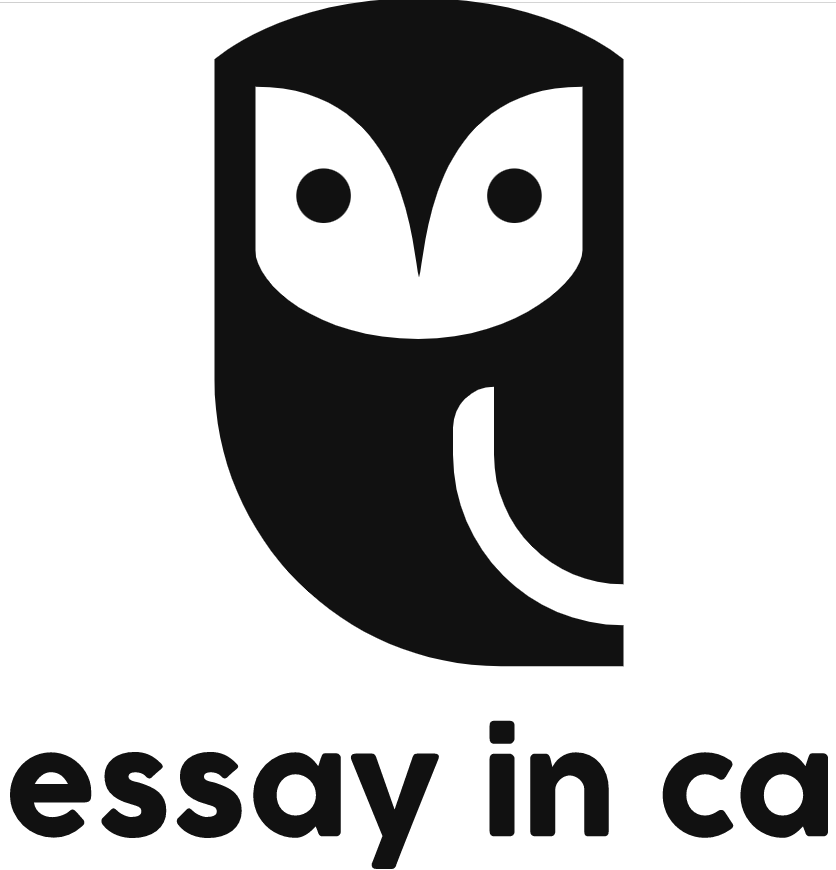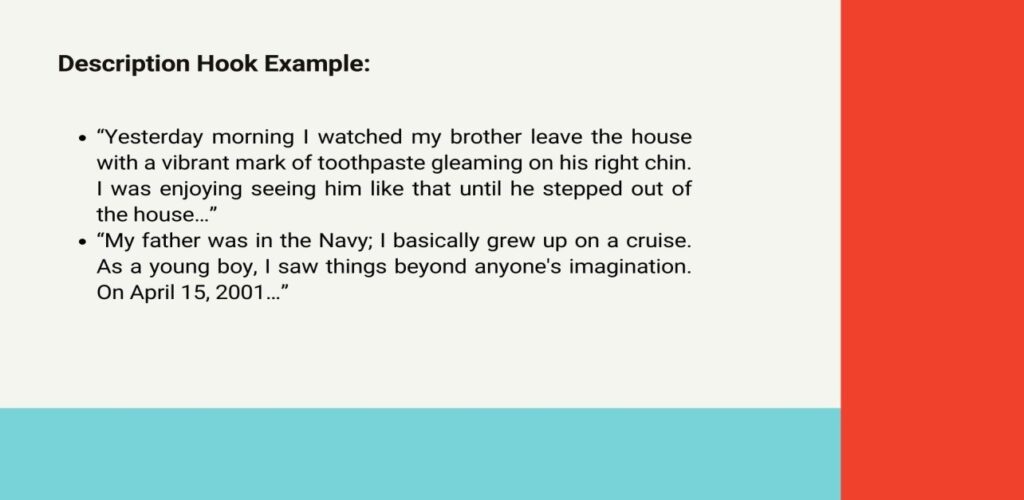An essay’s hooking statement must be memorable and catch readers’ attention. The right attention getter will motivate readers to read the essay in its entirety, and a quality hooking statement is essential to this process. Common attention getters for essays include statistics, rhetorical questions, strong statements, conflicts, adding an antagonist, and an exciting description. When developing your first statement, consider your topic and write a hook that catches the reader’s interest. However, do not copy a quote or a statistic from another essay.
Good hooks
A hook is a powerful introduction to a piece of writing. It encourages the reader to continue reading the article or piece of content. This can take the form of a question, general statement, or action. A good hook will keep the reader guessing and may leave the question open in the final piece. Either way, the hook should compel the reader to ask questions, and leave them wanting more. Here are a few examples of hooks for an essay.
One of the most common types of hooks is the rhetorical question. While rhetorical questions are incredibly effective, they are also easy to write and overused. Therefore, students should use caution when writing them. However, if the topic is a common problem, such as poverty in a developed country, the rhetorical question is a perfect choice. It’s also one of the most popular hooks for an essay, because it captures a reader’s attention quickly.
Bad hooks
A good hook for your essay can be a rhetorical question. However, you need to be careful as these types of questions tend to be overused. Here are some tips for creating a good hook:
Providing background information is a good introduction. It is easy and appropriate for virtually any type of paper. A good hook should find a unique angle and be both short and substantive. Background information is a perfect introduction but it is not the hook for your essay. In order to write a good hook, you need to know the topic. It is best to research the topic and write a few interesting facts that are relevant to the topic.
Examples
If you’re writing an essay, one of the most effective ways to grab the reader’s attention is to use a powerful hook. Hooks can take many forms, but they all need to catch the reader’s attention and keep them reading. Whether your hook is one line, a poem line, or an exaggeration, it should be intriguing and engaging enough to make the reader want to read more. There are specific rules for how to use hooks, and each hook should be tailored to the type of essay.
An excellent hook can make your paper stand out, but it can’t guarantee an A-. You’ll also need to formulate a thesis, organize your research, and outline your essay before selecting a hook. A hook should guide readers into the body of your paper, so be sure to think about what your hook will be. This way, you’ll know exactly what to write in the first paragraph, as well as the rest of the essay.
Limiting hooks to 1-2 sentences
While a personal narrative works well in a college application essay, it’s not so good for argumentative papers. Rather than telling a personal story, write about someone else’s experience. The key is to make sure you use the same key features within the body of your essay. You can also use statistical data to hook your readers. Of course, you should include the source of the data as well.
When choosing a hook, keep in mind that a hook can either be a story, a quote, or a statement. A question is a good choice for a hook because it’s relatively easy to include, doesn’t require much writing, and doesn’t require a complete sentence. But it must be relevant to the topic of the essay. The most effective hooks ask the reader to picture or feel the situation described.
Using a quote as a hook
One of the easiest ways to hook your reader is to use a quote from a famous person. When you quote a famous person, you can avoid writing your own sentence and stick with an example from their life. But make sure that your quote is relevant to your topic and puts the reader in the right frame of mind to understand your argument. Here are a few examples of quotes that work well as hooks for essays.
When selecting a quote as a hook for an academic essay, consider the context in which the quote was made. A quote can be humorous, shocking, or controversial. It can also reveal deep truths. But before you choose a quotation as your hook for an essay, make sure you don’t insult the reader’s intelligence. A quotation should only be capitalized when it starts a sentence or is a proper noun.
Using a thought-provoking question as a hook
Using a thought-provoking question as an essay hook can be very effective. The reader will feel engrossed and intrigued by the question and will probably want to read on to find out what the writer has to say about the issue. A statistical hook is also a great hook. However, it’s important to choose the question carefully and make sure it’s from a reliable source.
Think of a quote that will engage your reader. A famous quotation is another good hook. It should be relevant to the topic of the essay and be from a credible source. Be careful not to use first-person pronouns – your professor will want to read your essay, so don’t be afraid to discuss the quote with him or her. You can explain the quote in more detail later on if you want.

